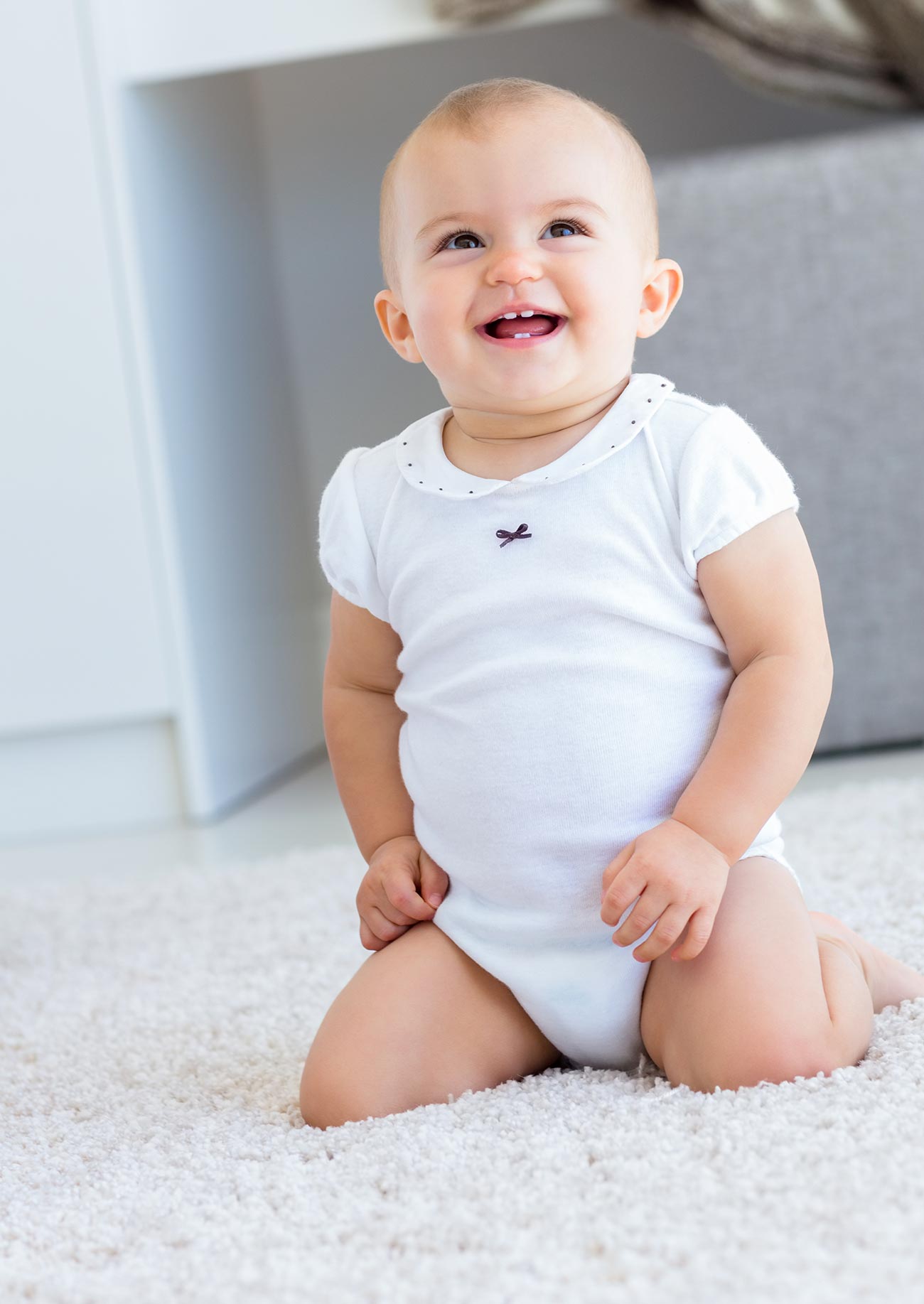The Ultimate Guide to Choosing the Best Fabric for Baby Bodysuits
When dressing a newborn, fabric choice matters more than most parents realize. A baby’s skin is 30% thinner than adult skin, making it highly sensitive to rough textures, chemicals, and synthetic materials. Choosing soft, breathable, and hypoallergenic materials for baby bodysuits is essential to prevent irritation, discomfort, and skin issues.
This guide will help you pick the best fabrics, understand their benefits, and learn how to care for them. Whether you’re a new parent, shopping for a baby shower, or stocking your store with quality babywear, this article provides valuable, expert-approved insights.
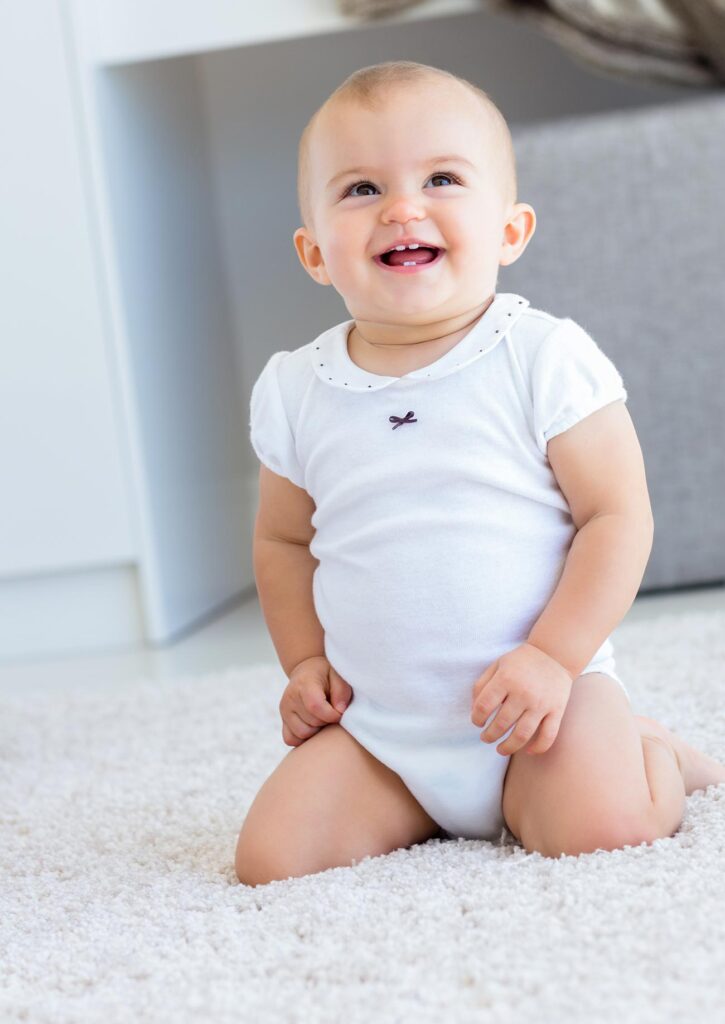
Why Fabric Choice Matters for Newborns
Newborns have ultra-sensitive skin, making them prone to rashes and irritation. Certain fabrics can cause overheating, allergies, and discomfort.
Key Considerations When Choosing Fabric:
- Breathability – Ensures airflow and prevents overheating.
- Softness – Minimizes irritation and provides comfort.
- Hypoallergenic Properties – Reduces allergic reactions.
- Easy Maintenance – Keeps baby bodysuits fresh and durable.
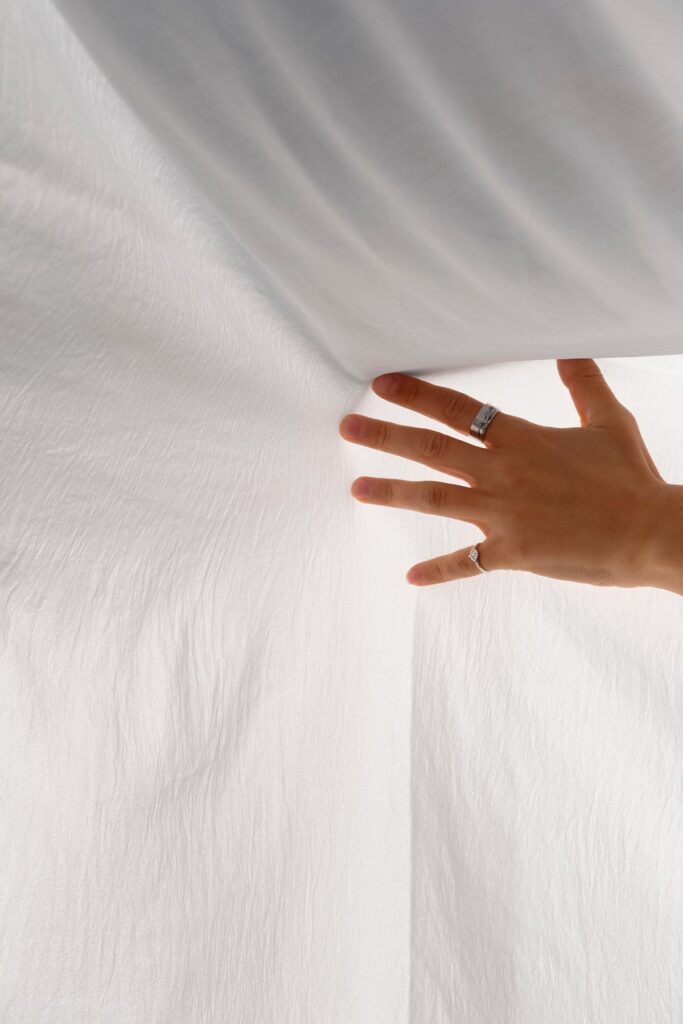
Best Fabrics for Baby Bodysuits
1. Cotton: The Classic Choice:
Cotton is the most commonly used fabric for baby clothing due to its natural softness and breathability.
PROS:
- Soft and comfortable for delicate skin.
- Absorbs moisture, preventing sweat buildup.
- Durable and machine washable.
- Available in organic, chemical-free options.
CONS:
- Cotton is the most commonly used fabric for baby clothing due to its natural softness and breathability.
- Can shrink if washed in high temperatures.
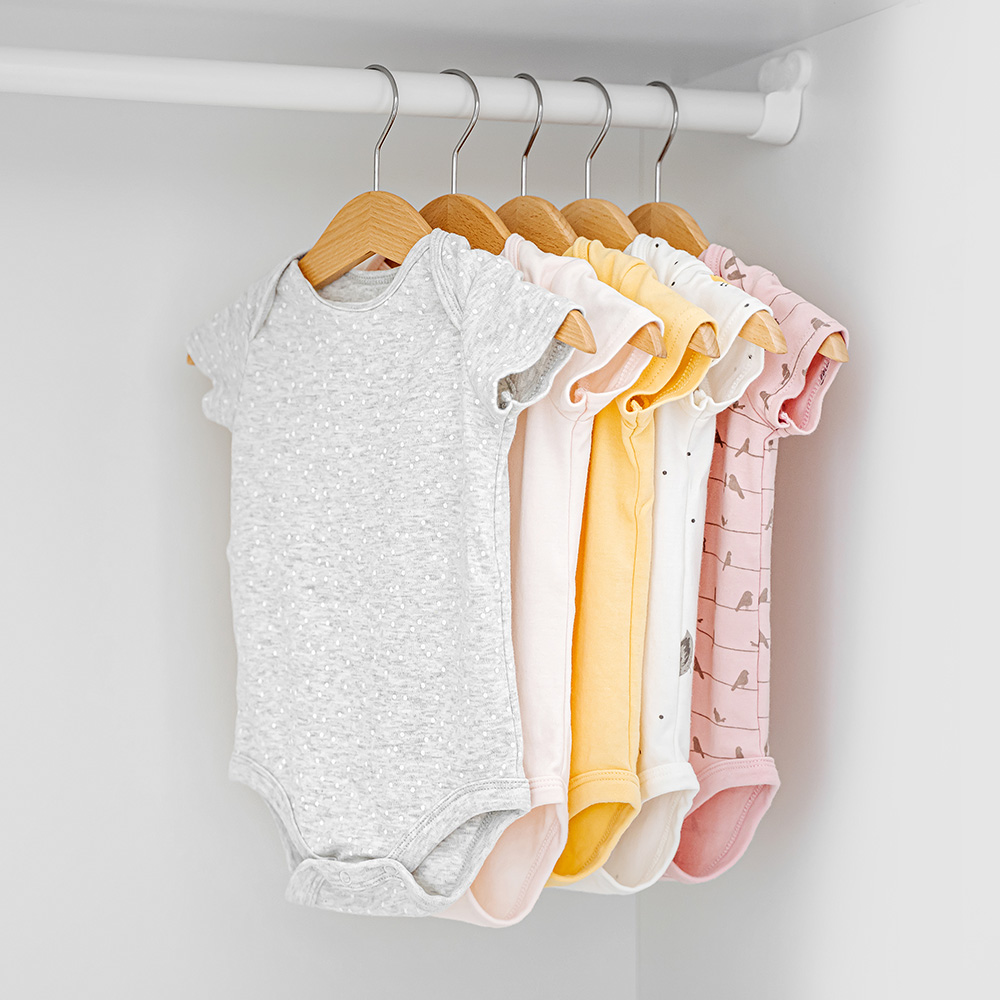
2. Bamboo: The Hypoallergenic Wonder
Bamboo fabric is softer than cotton and perfect for babies with sensitive skin.
PROS:
- Hypoallergenic – great for eczema-prone skin.
- Absorbs moisture, keeping the baby dry.
- Ultra-soft, lightweight, and eco-friendly.
CONS:
- Slightly more expensive than cotton.
- Requires gentle washing and air drying.
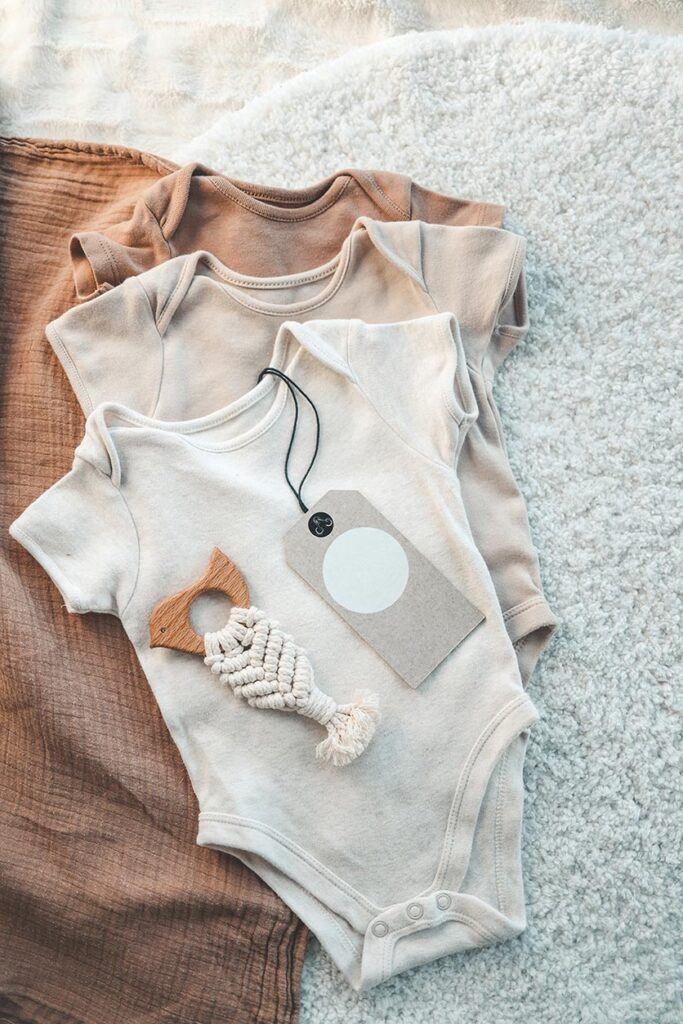
3. Organic Cotton & Blends: The Eco-Friendly Choice
Organic cotton blends combine the best qualities of cotton and bamboo, offering extra softness and sustainability.
PROS:
- Free from harmful dyes and pesticides.
- Extra soft and durable.
- Environmentally friendly and biodegradable.
CONS:
- Slightly more expensive than regular cotton.
- Fewer color options compared to synthetic blends.
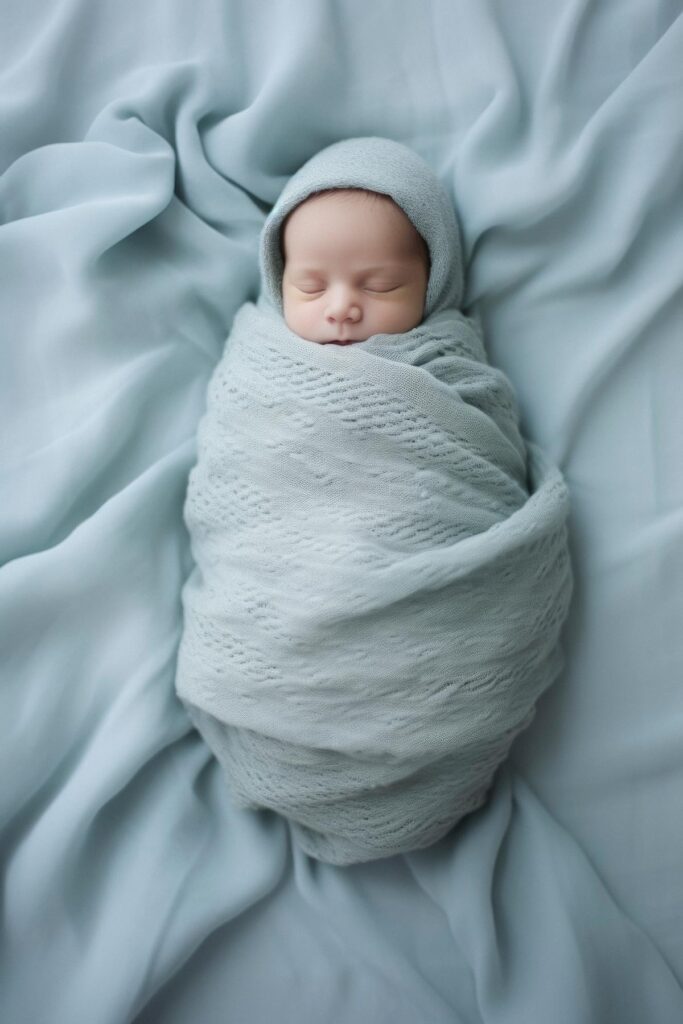
Fabrics to Avoid for Baby Bodysuits
- Polyester – Traps heat and lacks breathability.
- Nylon & Synthetic Blends – May cause sweating and irritation.
- Wool (for daily wear) – Can be rough and itchy on baby skin.
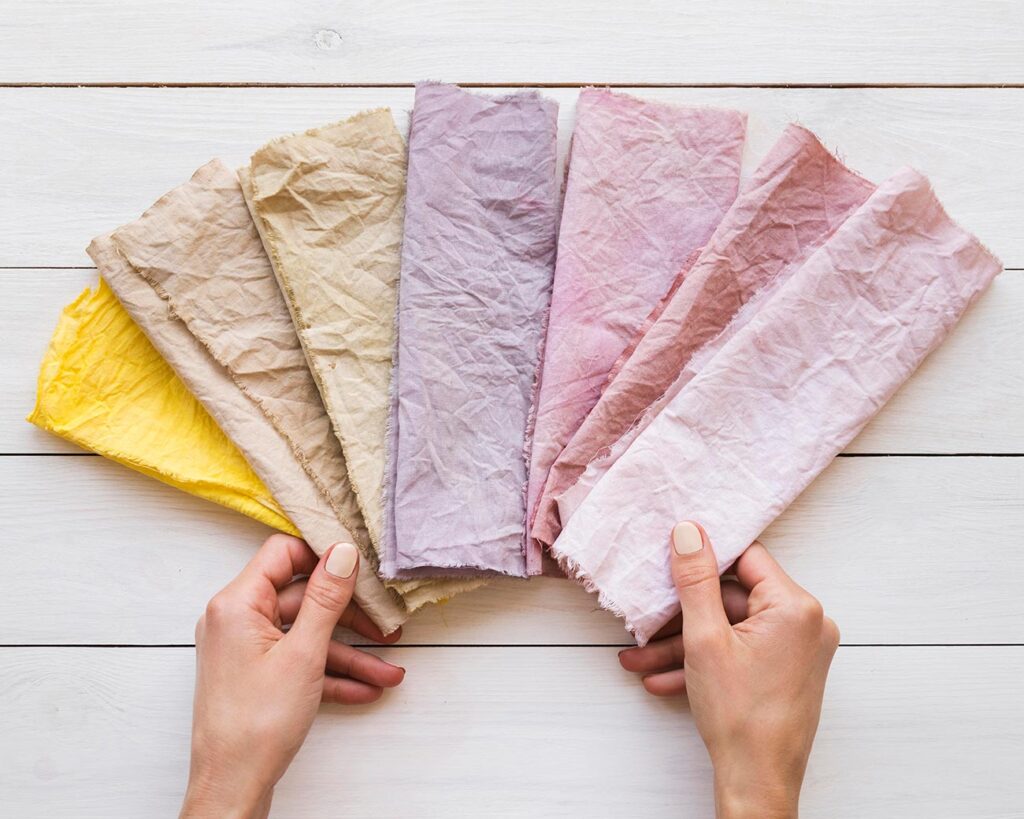
How to Care for Baby Bodysuits
- Use baby-safe, fragrance-free detergent.
- Wash in cold or lukewarm water.
- Avoid fabric softeners and harsh chemicals.
- Air-dry instead of using high-heat dryers.

Final Thoughts: The Best Fabric for Baby Bodysuits
For soft, breathable, and skin-friendly baby bodysuits, cotton, bamboo, and organic blends are the best choices. Avoid synthetic fabrics and harsh chemicals to keep your baby’s skin safe and comfortable.
💡 Looking for the best baby bodysuits? Browse our latest collection of high-quality, eco-friendly options!
